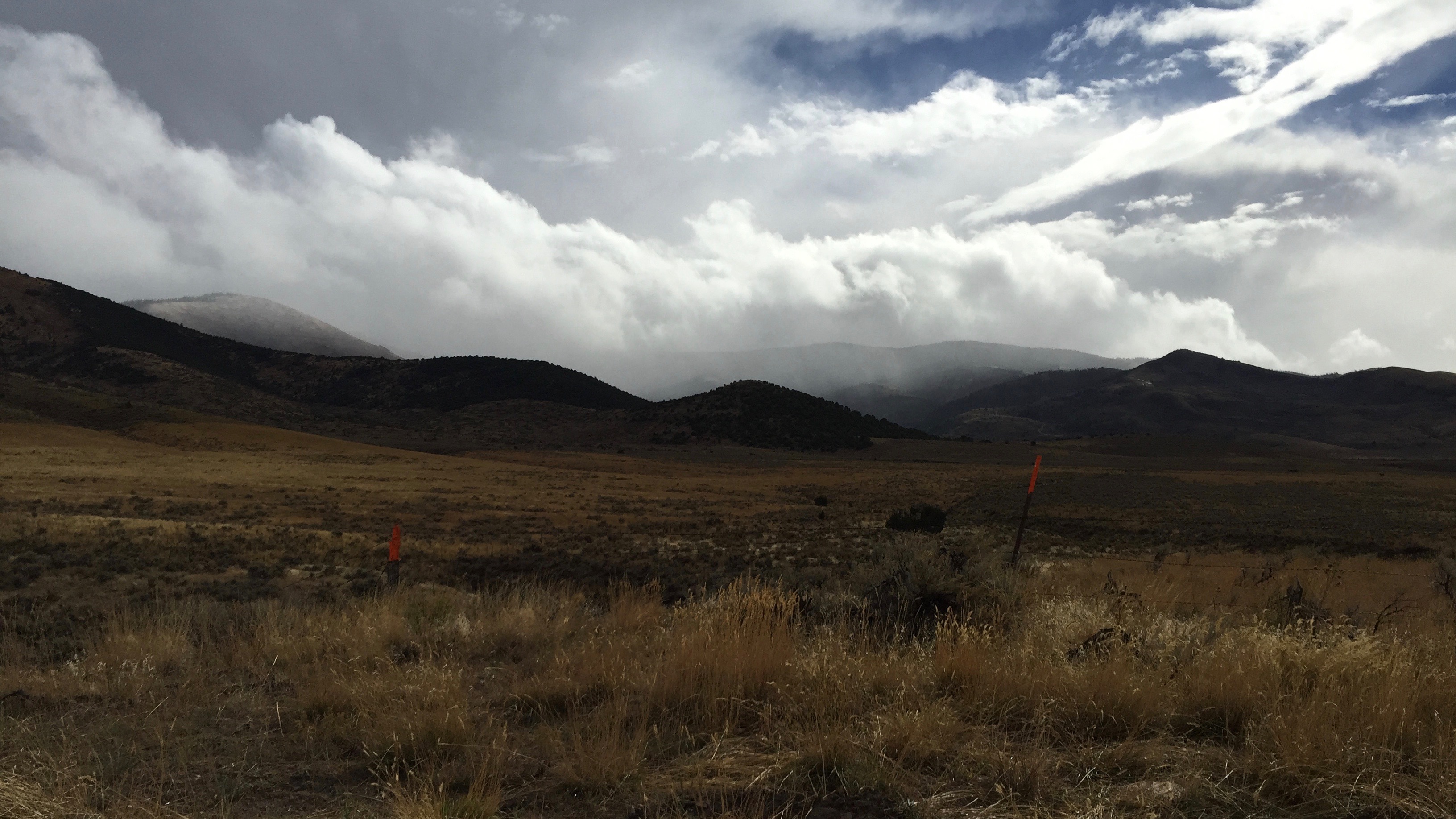Goose Summer

Nostalgia represents loss of the past, but it’s also loss in itself. The feeling, like a memory but more compact, is instantaneous and then gone. I’m left grasping, trying to expand the feeling into an actual memory, something to hold on to.
But often there is no memory, no event on the other side. Just a moment coupled with another moment, two points in time connected by neural gossamer.1
Just now the other moment was at home in Oakley, around Thanksgiving or Halloween, in the kitchen or the laundry room, humid from cooking or laundering, and my mother is nearby, and that’s it. It’s gone.
-
“Middle English gos(e)somer(e, apparently < goose n. + summer n.… The reason for the appellation is somewhat obscure. It is usually assumed that goose in this compound refers to the ‘downy’ appearance of gossamer. But it is to be noted that German mädchen- , altweibersommer mean not only ‘gossamer’, but also a summer-like period in late autumn, a St. Martin’s summer; that the obsolete Scots go-summer n. had the latter meaning; and that it is in the warm periods of autumn that gossamer is chiefly observed. These considerations suggest the possibility that the word may primarily have denoted a ‘St. Martin’s summer’ (the time when geese were supposed to be in season: compare German Gänsemonat ‘geese-month’, November), and have been hence transferred to the characteristic phenomenon of the period.”2 ↩︎
-
“gossamer, n. and adj.” OED Online. Oxford University Press, September 2015. Web. 21 November 2015. ↩︎